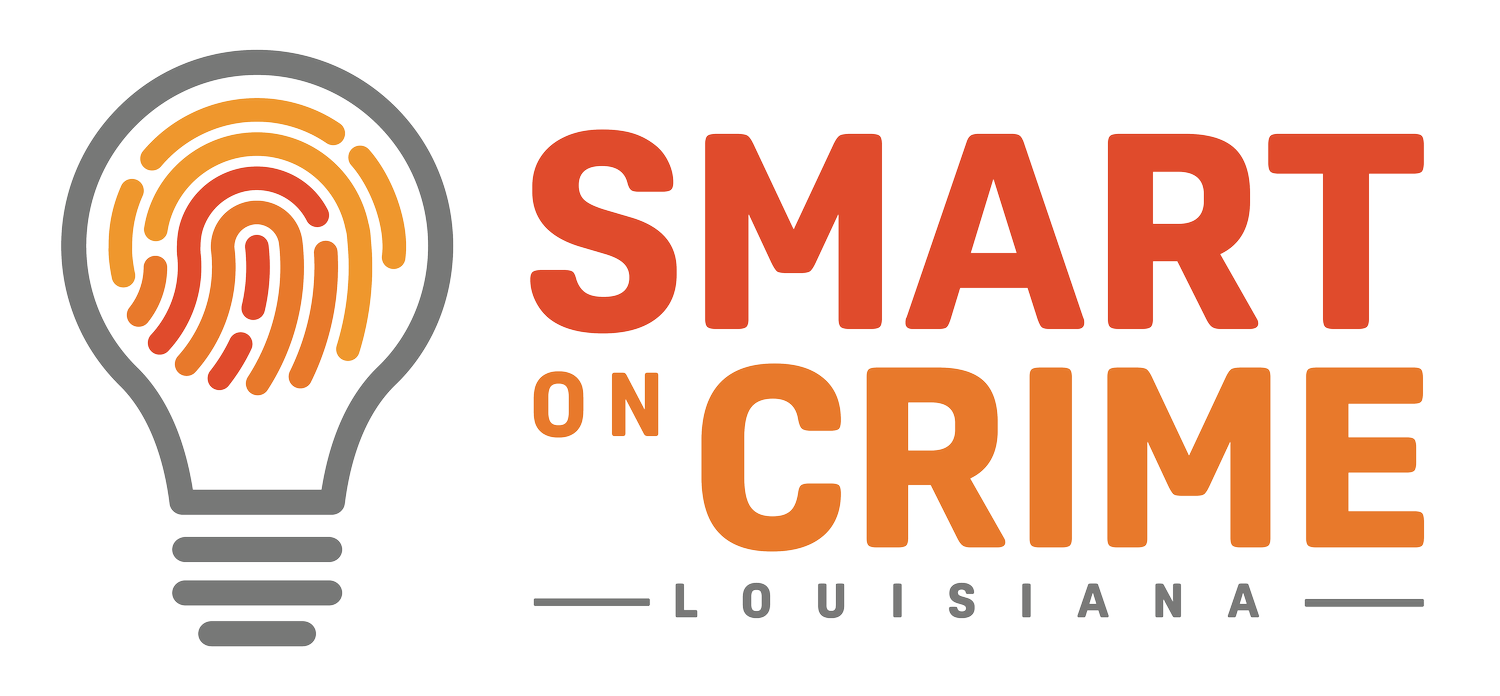Hope for the Formerly Incarcerated in Louisiana
The path beyond incarceration and toward a better life is a challenging one. A second chance often comes with several obstacles for the formerly incarcerated to navigate, from the job market to a lack of resources. Effective reentry programs and engaged stakeholders are vital features of a community that reduces recidivism and embraces second chances. In Louisiana, the state’s beloved Pelicans basketball team is leading the way in offering hope to individuals and families involved with the criminal justice system.
This month, the New Orleans Pelicans, the National Basketball Social Justice Coalition, the Justice and Accountability Center of Louisiana (JAC), and the Voice of the Experienced (VOTE) partnered together to host a non-partisan, results-oriented summit focused on second chances and life after the criminal justice system.
The summit, “Beyond the Record: Second Chances Summit” hosted hundreds and was held in New Orleans, a city with a long history of crime, recidivism, and more recently progress towards lower murder rates and data-based policies. In bringing together different groups with a wide range of experiences and influences, the event was able to realistically assess and address some of the greatest challenges faced by the formerly incarcerated.
This event was part of a larger movement within the state to embrace strategies with proven results. During the state’s recent legislative session, lawmakers began a welcome refocusing on the relationship between public safety and the collection and use of post incarceration data.
For example, House Bill 445, which is pending Governor Landry’s signature, was passed to protect juvenile records while ensuring that the appropriate agencies have access to the data they need. The bill prevents juvenile records from publicly following them forever. While law enforcement and the justice system will be able to see the record, these individuals will have an opportunity to pursue employment that offers stability, hope, and self-sufficiency throughout their adult lives.
Similarly, Act 46 was recently signed into law, and it streamlines criminal justice data through electronic submission and interagency collaboration. Smart policies like Act 46 allow law enforcement to target their resources where they are most needed and refine their strategies based on timely, accurate data.
An effective criminal justice system should both prevent people from entering it and help people to move beyond it. This is done through prevention and smart policing as well as through reentry programs that engage the formerly incarcerated with their communities and the workforce. The Pelicans’ summit and recent legislative victories are hopeful indicators of a state on the path to be smart on crime.
